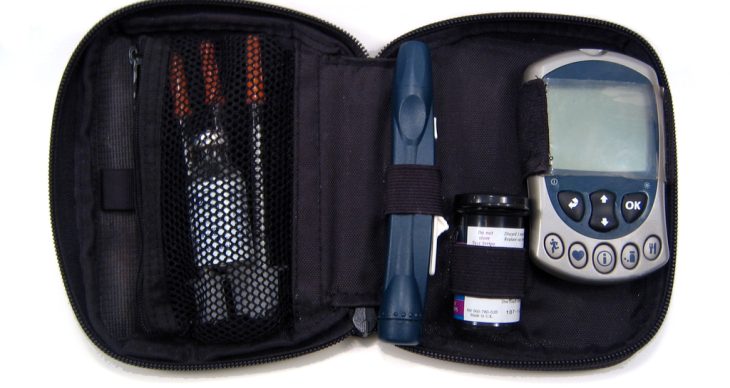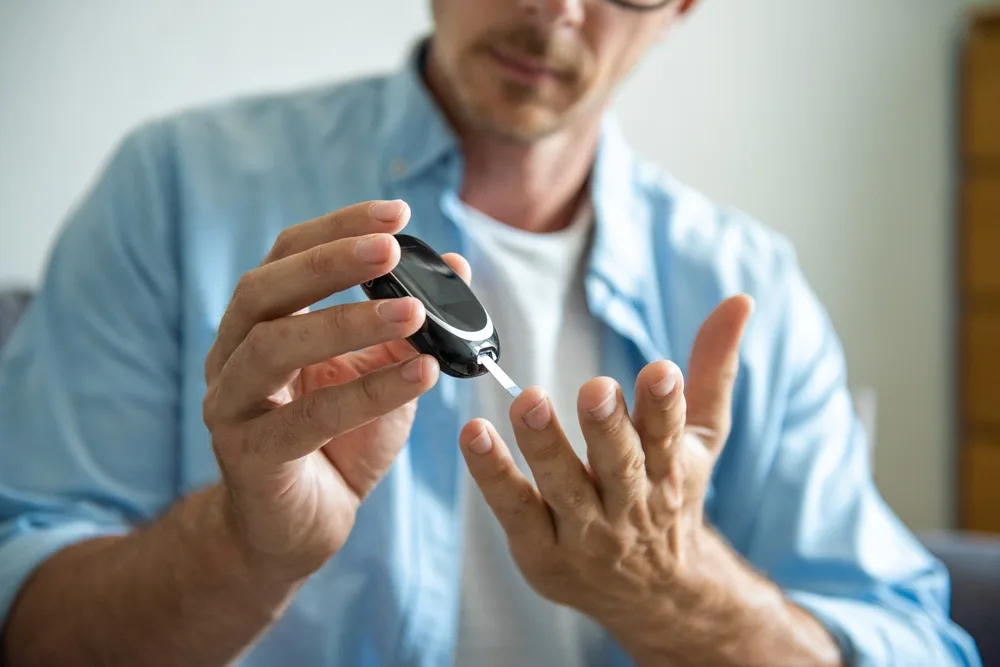Many pharmacists recommend vitamins for diabetics alongside a healthy diet and exercise. Vitamins help round out a person’s nutrition, providing certain nutrients they would not otherwise get. Vitamins and supplements should always reflect a need. In other words, taking random vitamins could do more harm than good, as they could interact negatively with certain medications you may be taking.
A diabetes supplement should always be tailored for your specific treatment plan. For example, if you have type 2 diabetes and a B12 deficiency, you may benefit from this type of supplement. It is always best to consult your doctor before taking any vitamins or supplements.
You can find dozens of vitamins for diabetics on Amazon. However, it’s best to research which supplements are backed by doctors and pharmacists.
Here are the best-selling diabetes supplements on Amazon that are supported by doctors and pharmacists:
- Diabetic Support Formula from Nuturna – This diabetes supplement has more than 4,000 positive reviews. It is a blended multivitamin containing 29 different herbs, minerals and vitamins. It also has 300 mg of alpha lipoic acid (ALA), which could slow the development of diabetes in prediabetics as well as improve insulin sensitivity.
- Glucocil – Glucocil has 3 claims when it comes to diabetes: promoting normal blood sugar levels, reducing blood sugar elevation after eating and reducing absorption of sugars and carbohydrates. It also contains 1200 mg of fish oil, including 350 mg of omega-3 fatty acids.
- Blood Sugar Support from Arazo – This diabetes supplement is a blend composed of 20 different vitamins and herbs, including Vitamin C, Vitamin E and biotin. With this vitamin, you take one capsule twice per day.
Another option is to supplement your diet with spices and herbs. Cinnamon, for example, lowers fasting blood glucose levels. You could add whole cinnamon to your dishes, like in oatmeal, or add cinnamon extract in yogurt.
Green tea has antioxidants that studies concluded help lower the risk of cardiovascular disease. The antioxidant – epigallocatechin gallate (EGCG) – can also improve glucose control and insulin activity.
Another antioxidant, alpha-lipoic acid (ALA), can lower fasting blood sugar levels and decrease insulin resistance. While there are genetic and lifestyle factors that can cause insulin resistance in people with diabetes, the most common reason is obesity. Talk to your medical provider before taking ALA, as it can significantly lower blood sugars.
A thiamine deficiency is linked to heart disease and damage to blood vessels. Many people with diabetes have low thiamine levels, and vitamin B-1 can replenish the deficiency.
By Admin –








